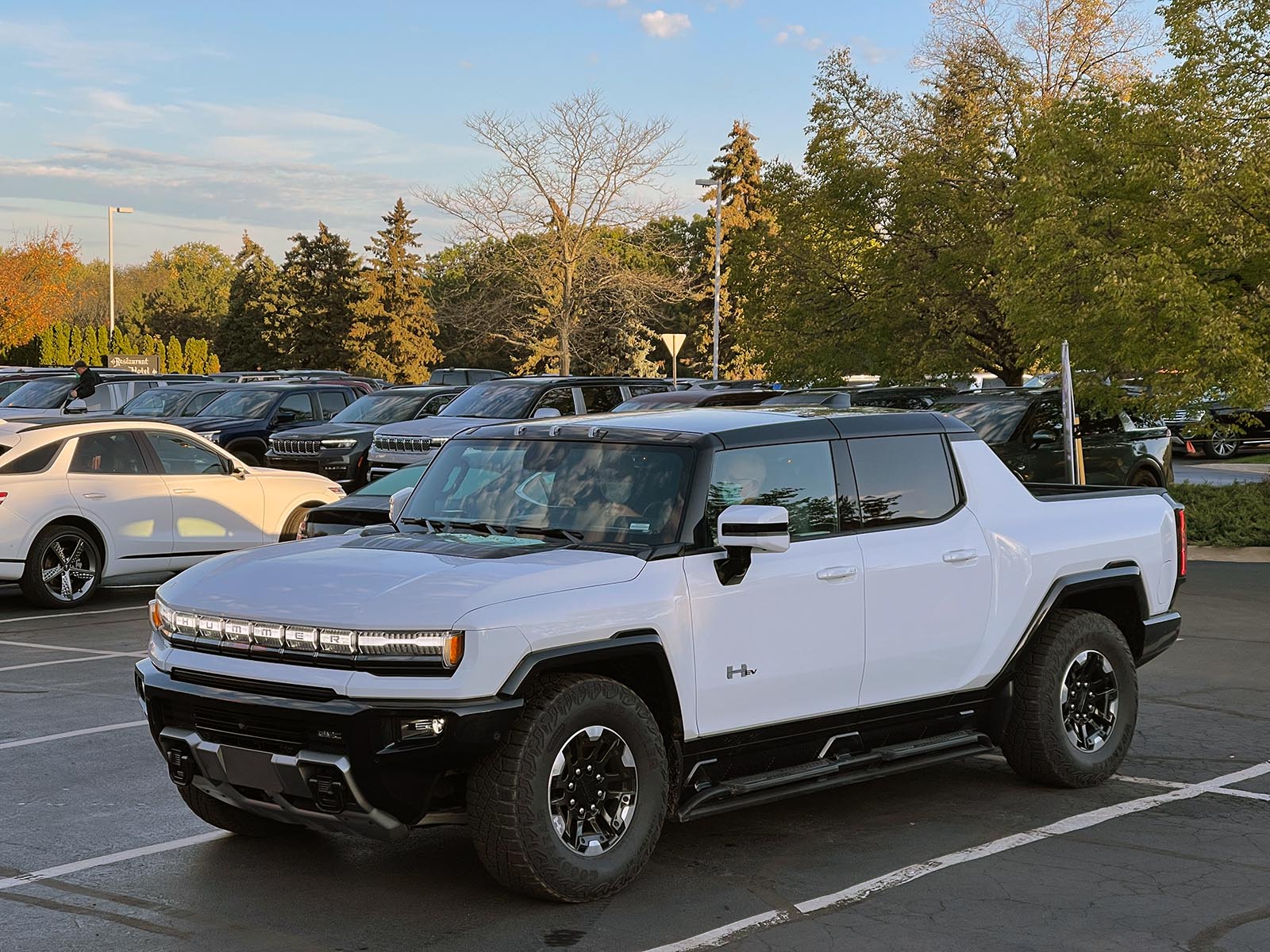
Honda's hybrid range includes a variety cars and crossovers. They are available in coupe, sedan, and SUV models. They are also eco-friendly. These cars can recycle the engine's waste energy, which is stored as a battery. These cars can reach 47 miles with just electric power.
Honda Accord is a popular model that's built for reliability and driving comfort. It includes a wide range of standard features such as adaptive cruise control, the lane departure warning system, and advanced safety instruments. Its hybrid engine uses the same transmission as the gas engine and is therefore very easy to drive.
The Honda CR-V SUV is very versatile. It's also available in a hybrid version, making it one among the most highly-regarded hybrid vehicles. It has a robust design and lots of safety technology. It can accommodate up to five people. The hybrid version of the CR-V is very similar to the non-hybrid models. It features a 7" touchscreen and Android Auto as standard. The interior features leather and attractive wood sections. It also has a rear bench that can be adjusted. You will find plenty of storage space and plenty of space.

The Honda Clarity is an excellent vehicle with a plug-in hybrid powertrain. It has a 1.5-liter four-cylinder engine and an electric motor. It can also be ordered with a fuel cell for even more electric-only range. Two seats are located in the front, while the rear bench features a reclining function. The car is comfortable to drive, and its gas mileage is average.
O'Daniel Honda Omaha has the answer if your looking for a hybrid. They'll show you the hybrids on their lot and can answer any questions you may have. They will help you find the ideal hybrid car or conventional gasoline-powered vehicle, regardless of whether you are looking for one.
The Toyota Prius is a great choice if you're looking for a good-looking car that gets good gas mileage. It's sporty and has a well-designed interior. It boasts some of the most highly-rated safety features such as forward collision warning. It does have some problems. Its interior styling is very dated and it is not as attractive as its exterior.
The Toyota Camry, a midsize hybrid is another option. The electric motor increases low-end pulling, while the battery placement lowers your center of gravity and improves handling. The battery is spacious under the rear seat and it gets decent gas mileage. If you're looking to buy a hybrid sedan the Honda Accord may be a better option. Although it is more enjoyable to drive, you will have to pay more.

Although it's not the most glamorous or extravagant vehicle out there, the Honda CR-V will be a vehicle you enjoy driving. It is quite bland from the outside, but it offers great value.
FAQ
What is the distinction between a mechanic or an automotive technician?
Both are related, but they are not the same. A mechanic repairs cars while an automotive technician does maintenance on them.
A mechanic needs to be able and quick to use their manual dexterity. They should also be able correctly diagnose and repair any problems.
An automotive technician is required to have more technical knowledge than a mechanic. They must be capable of reading blueprints and using tools such as drills, wrenches, etc.
They must be able and competent to safely perform complicated procedures. They must be familiar with all types of electrical and engine systems.
They must also be capable of understanding how parts interact.
As a result, a mechanic usually earns less money than an automotive technician. Both jobs offer many possibilities.
Does it really matter what college I choose?
Not really. There is no difference between colleges in terms of how to get into the automobile industry. However, some schools offer better programs than others so if you're looking for something more specialized, look elsewhere.
What qualifications does a truck mechanic need?
While you may not have the formal qualifications to perform this job, your skills are well-rounded in working on engines and trucks. Your expertise is invaluable because you know how quickly and efficiently to diagnose problems.
Also, your knowledge of diesel technology will be a benefit as you can help us understand which parts are needed for our vehicles.
What qualifications are required to become a mechanic
A series of exams is necessary to become a mechanic. These include:
-
A general knowledge test
-
A practical examination
-
An apprenticeship test
These tests are designed to ensure that you understand the basic concepts of mechanical engineering and physics before you start working as a mechanic.
These tests will allow you to be a mechanic once you have passed them. But, you will still need an apprenticeship. This will involve trade training.
To fully understand the mechanics of vehicle repairs, you'll need workshops and classes. Additionally, you will need to work with experienced mechanics.
For mechanic success, you'll need to be focused and meticulous. Vehicle repairs require you to be very attentive.
To become a successful mechanic you'll need patience. If you don’t enjoy following instructions, this might not be the right career path.
But if you love cars and enjoy fixing them, you could be very happy in this line of work.
What is the best career for an automotive mechanic?
Automotive is an exciting industry filled with opportunities for people who are committed to excellence. Working hard and learning from others is the best way to be successful in this field.
Excellent communication skills are essential as you will spend most of the time speaking to customers or other employees. You should also be willing to travel and work long hours, making commuting difficult.
If you are interested in a career working in automotive, then consider attending classes at community colleges. Many schools offer programs specifically designed for students interested in auto repair, sales, or customer service.
Mechanical engineering is a good choice if you are interested in pursuing a degree. It's possible to get a bachelor's degree in just four years.
Many companies will hire students straight out of college. So it's wise to start looking for employment while you still have the chance to study part-time.
Once you've completed your education, you'll probably need to complete some form of training before being able to take up a position as an automotive technician.
This means you'll need pass exams like the Automotive Services Excellence (ASE), certification exam. This test covers topics such engine maintenance as brakes, steering, suspension, etc.
After passing the ASE test you can apply for a National Institute for Automotive Service Excellence (NIASE) license.
A license allows you to perform repairs on vehicles owned by private individuals. In exchange, you'll receive compensation based on the number of services performed.
Not all states require licensing. You will need a license if you want to work in a different state.
Some states don't issue licenses until after completing a certain amount of training. This could be you.
Statistics
- According to the BLS, the median annual salary for automotive service technicians and mechanics in the United States was $44,050 in May 2020. (uti.edu)
- There were 749,900 jobs available for automotive service technicians and mechanics in 2016, which is expected to grow by six percent through 2026. (jobhero.com)
- The U.S. Bureau of Labor Statistics (BLS) reports that the job outlook for automotive service technicians and mechanics is expected to decline by 4% from 2019 to 2029. (indeed.com)
External Links
How To
How to become an automotive technician
An automotive technician provides repair services and maintenance to vehicles. He/she works at car dealerships, auto shops, garages, service centers, etc. He/she assists customers in fixing their cars, trucks or motorcycles. An automotive technician must be able to diagnose problems and make repairs quickly, safely, accurately, and efficiently.
A person who wants to work as an automotive technician should first obtain an associate degree from a vocational school. After completing the program, he/she must pass ASE certification. ASE stands for American Society of Mechanical Engineers. The ASE certification test consists two sections. The first section tests your mechanical skills, while the second tests your practical knowledge. To pass the test you must go to one of the authorized testing facilities. These locations are available online or through your local automotive dealer.
A candidate must pass the state exam after passing the test to become an automotive technician. This process can vary depending on where the applicant lives. Some states require that candidates attend training courses, while others permit them to learn independently. Some states allow technicians to become licensed right away after receiving their license. While others wait until they have had at least six years of experience as an automotive technician.
Apply to your local dealership to become an automotive technician. Most new employees work as apprentices after they have been hired. Apprenticeship programs typically last three to four years. During this time, a student learns how to perform basic repairs, such as changing oil, adjusting brakes, replacing tires, cleaning spark plugs, inspecting engine compartments, and performing routine maintenance. Some students are able to perform more advanced repairs such as replacing shocks and installing air filters. Many schools offer classes during regular hours. Some schools offer evening classes, however.
Once a student completes his/her apprenticeship, he/she becomes a journeyman. Journeymen spend typically four to five years learning to install major systems such as transmissions and differentials, steering gear, suspensions and drive shafts. They are also taught how to troubleshoot electrical components and remanufacture engines. Many employers prefer hiring journeymen because they know the job well and understand what the customer expects.
If a candidate successfully passes the required exams and receives a license, he/she might want to consider starting his/her own shop. The Bureau of Labor Statistics estimates that there were nearly 1.7 million jobs available for automotive mechanics in 2010. This number is expected to increase by 18% between 2009 and 2020. When a candidate plans to open his/her own shop he/she should be ready to invest thousands of dollars in equipment.
The salary of an automotive technician will depend on many factors including where you live, your education level, experience and the type of employer. On average, a jobless person could expect to earn $20,000 annually. Someone with only a high school diploma could earn around $21,000 per year. Earnings for those with an associate's diploma are approximately $24,000/year. Technicians with a bachelor’s degree made about $27,000 annually. The average annual salary for those with master's degrees was $32,000. Salary increases can be common. A professional who earns less that $30,000 today could reasonably expect a $40,000 increase in the next few decades.